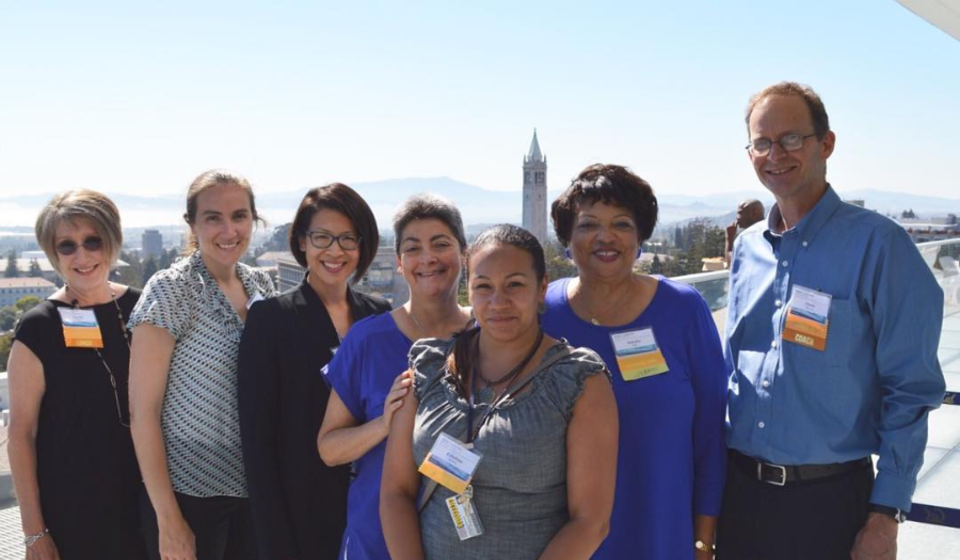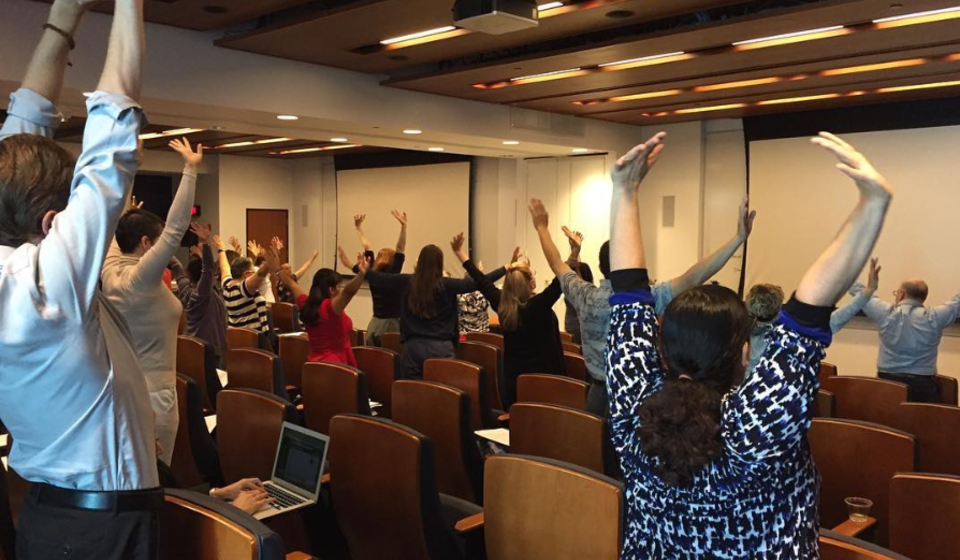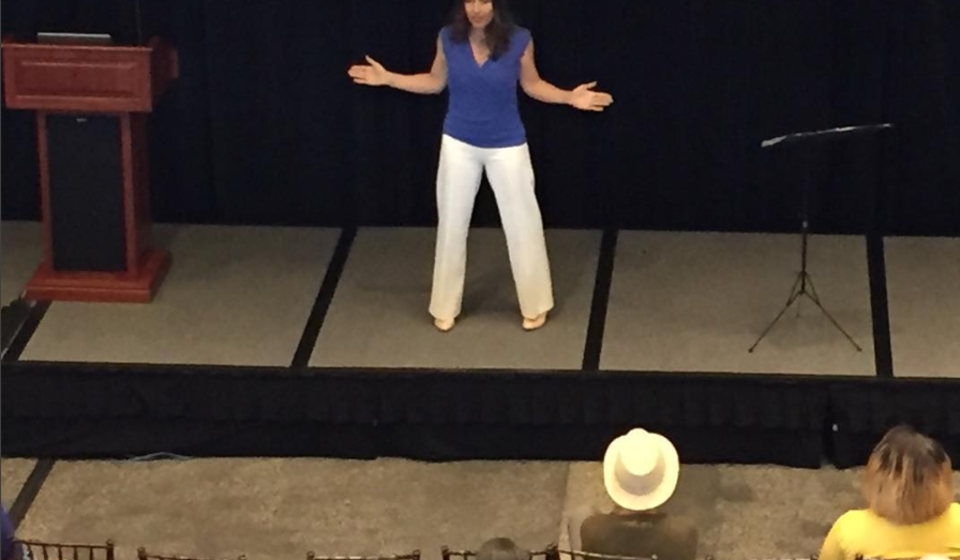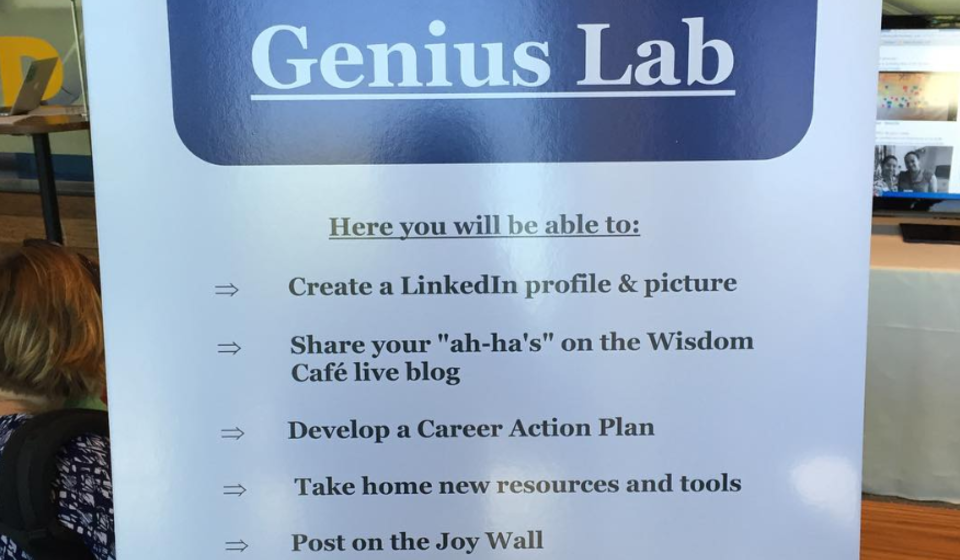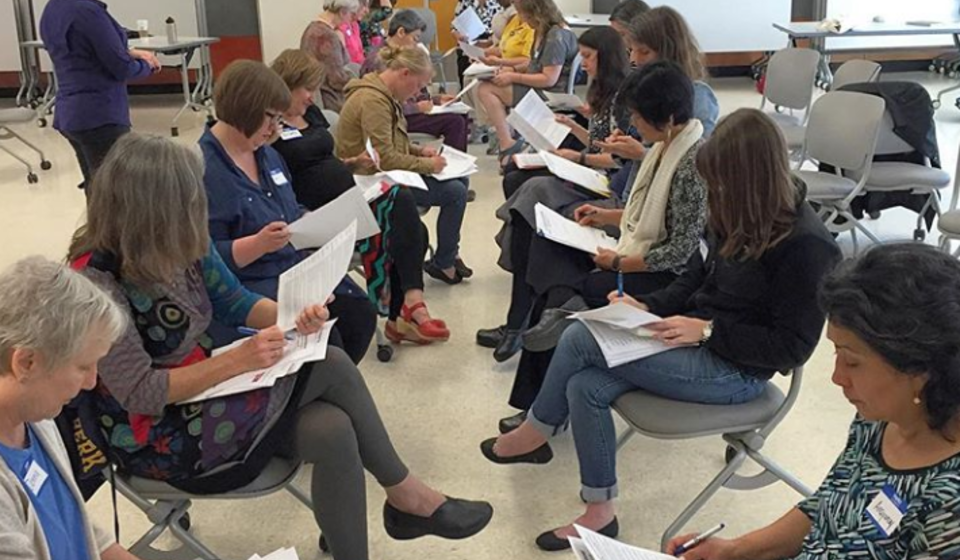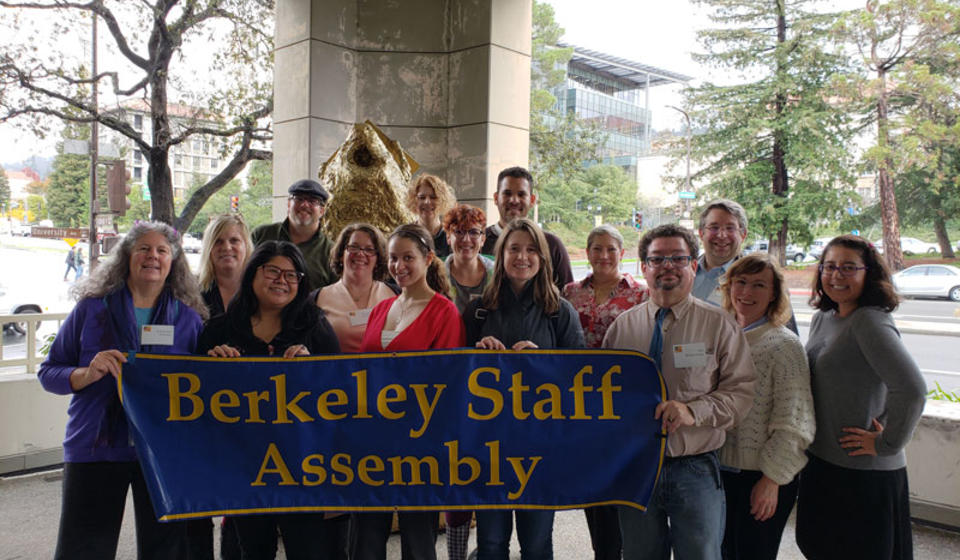What roles have you had throughout your time at Berkeley and what do you think helped you obtain them?
-
Research Administrator 3 position supporting QB3 (2009-2011): I was a strong candidate for this position because of my analytical accounting and economics background. I had previous experience as a Research Economist, for two years, with the State of California. I also held a degree in Environmental Economics & Policy from the College of Natural Resources at UC Berkeley. One of my college classmates was working at QB3 in Research Administration and referred me to the position.
-
Contracts and Grants Supervisor (2011-2013): Previously, I held roles as an Assistant Editor with a team of journalist for Patch.com and managed an associated budget. Additionally, I had experience as a Head Basketball Coach at the high school and club levels. I also completed the Keys Supervisory Training and attended the Management Skills Assessment Program (MSAP) for high potential supervisors.
-
Contracts and Grants Manager (2013-2018): In my three years as supervisor, I was able to form and lead a strong, dedicated and talented research administration team. The success of my team allowed me to be strong candidate to lead the entire Team 9, RA organization.
-
Regional Director, BEST (2018-present): As the RA Manager for five plus years, I managed a team that had as many as 63 RAs. In that time, I was given the opportunity to work with campus leaders in different departments and units all over campus (CSS, SPO, CGA, IAO, VCRO, VCAF, etc.). By building these relationships and learning from campus experts, I was able to strengthen my candidacy as an aspiring director.
What challenges did you face when seeking your next opportunity and how did you overcome them?
In each of my promotions, I was selected over peers that I highly respected and in many cases worked with very closely. This led to a few very strained relationships at the beginning of each new supervisory position. I was able to overcome these challenges by giving the person space and empathy but even more so by treating them with the same respect and dignity that existed prior to the promotion. Eventually, the trust and working relationship would be repaired but it generally took much longer than I ever anticipated.
What do you do to keep growing as a professional?
I continue to meet with my Management Skills Assessment Program group (formed ~five years ago) of supervisors quarterly to discuss leadership and pick their brains on how to best navigate the campus bureaucracy. I come out of these meetings energized by hearing how other campus leaders are tackling their issues and looking for parallel situations that I can experiment with my team. I also open myself for feedback and discussion with my team and allow them to challenge my thinking. I have several team members who are terrific at playing the devil’s advocate, and this keeps our team away from groupthink and moving forward with innovative solutions and approaches.
Want similar support. Join a manager mastermind group!
What was the most motivating thing someone told you on your career journey?
A leadership trainer in Learning and Development once told me after a series of counseling sessions, as I attempted to build my RA organization, that I would, one day, be an executive leader or director for the entire campus. He said I could be the COO of CSS or the VCAF, in the distant future. He believed in me and saw potential beyond what I had ever imagined. At the time, I was having doubts about whether I would last at UCB another six months. We still talk regularly and each time he says, “I told you so!”
Any final words of wisdom to staff looking to grow their careers at UC Berkeley?
UC Berkeley is a complicated administrative institution and one will never know everything, it is impossible. But, the more people you meet and learn from, the more well rounded you will be and valuable to your own organization. You will also start to create a profile that is more sought after in other departments.
Listen. I always try to refer back to Winston Churchill’s quote, “Courage is what it takes to stand up and speak; courage is also what it takes to sit down and listen.”
I think one of the key skills that has led to my success has been my ability to listen to people and treat them with respect. I work to build strong connections with my coworkers and colleagues and understand their perspective.
Lastly, lean into your own personal and professional continuous improvement! Never shy away from a personal or organizational weakness - unused muscles or skills atrophy. Always push yourself and your team to maximize their collective potential.
If you’d like to advance your career with today’s methods read about the corporate lattice model- here
Know someone (including yourself!) who has changed jobs at Berkeley? E-mail us at wisdomcafe@berkeley.edu to be featured.







